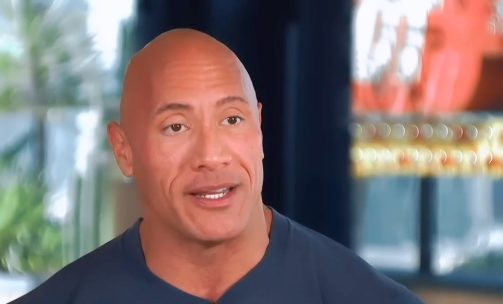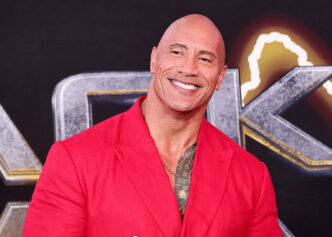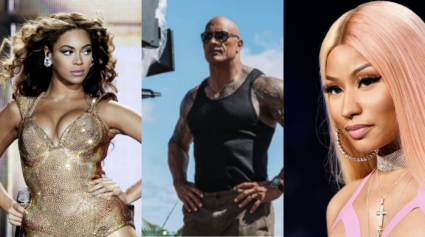The U.S. Army is dealing with the fallout of a high-profile $11 million marketing deal with Dwayne “The Rock” Johnson and his United Football League (UFL), alleging that the partnership fell short and may have even hindered recruitment efforts.

The UFL, a professional high-level minor league in American football that The Rock co-owns, began play in March 2024. The league was formed through the merger of the most recent versions of the XFL and the United States Football League.
Dwayne Johnson and the Military Deal
The contract, signed earlier this year, required Johnson to post five Army advertisements on his Instagram account, which boasts 396 million followers. According to Military.com, Johnson only delivered two posts, each valued at $1 million. The deal also stipulated that the UFL would feature military ads during games and display Army logos on players’ uniforms throughout its inaugural season from March to June. The UFL’s lackluster debut has reportedly led the Army to project a loss of 38 enlistments, contrary to the thousands they had hoped.
As a result, the Army is seeking approximately $6 million in refunds from the UFL. Both the UFL and Johnson, who has an estimated net worth of $800 million, have yet to comment on the situation.
Col. Dave Butler, spokesperson for Army Chief of Staff Gen. Randy George, expressed disappointment over Johnson’s reduced involvement. “It’s unfortunate he was pulled away at a time when we expected him to be present with us to create content for his social media channels,” Butler told Military.com.
The Army is currently negotiating with the UFL to adjust the terms of the contract and remains optimistic about Johnson’s role as a partner. Despite the setbacks, the Army believes a partnership with The Rock is valuable.
The Army’s recruiting crisis, exacerbated by difficulties in engaging with Gen Z, has only been worsened by this deal, The New York Post reports. Traditional marketing efforts, including cable TV ads and sponsorships, have failed to connect with younger audiences. An internal Army review had warned against the costly and low-viewership UFL partnership, drawing comparisons to the National Guard’s failed $88 million NASCAR sponsorship, which yielded no new recruits, USA reported.
Johnson’s two Army-related posts included a carousel of photos featuring military leaders and a video of him touring Walter Reed National Military Medical Center.
“It seems the Army paid for high-profile exposure but received minimal impact from the UFL,” Megan Sweeney, a former senior advisor for communications at the U.S. Department of Labor, told Fortune. “This deal highlights the importance of clear and enforceable contracts for brand ambassadorships.”



